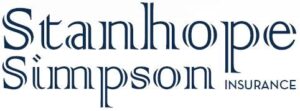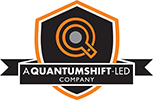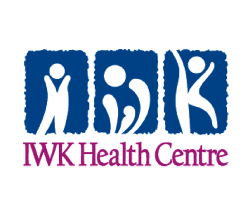Topic: April 2013 (Phase Two) Automobile Insurance Reforms
Written by: Victoria Stanhope, MBA, FCIP, CRM – Stanhope Simpson Insurance Ltd., Halifax, NS
Effective April 1, the NS Government enacted phase two of the automobile insurance reforms. Below is a brief summary of the amendments and how they may affect you and/or your business as a CANS member.
Amendment One: The Introduction of Direct Compensation for Property Damage (DCPD)
Direct compensation for property damage (DCPD) is already in force in New Brunswick, Ontario and Quebec. Effective April 1, DCPD now applies in Nova Scotia.
What is the purpose of DCPD? The purpose is to allow individuals and companies to be compensated by their own insurer for vehicle damage resulting from an automobile collision that was caused by another party. This should allow for a more efficient claims process whereby compensation should be provided more quickly.
What is DCPD? Essentially, DCPD is a new subsection of coverage that was added to all personal and commercial (including fleet and non-fleet) automobile policies issued in our province. This section covers the cost of damage to your vehicle when involved in an automobile collision to the extent that you were not at fault. The Government included in this legislation a fault chart that adjusters are to use when processing claims to determine fault.
What does DCPD mean for CANS member companies? This legislation should be discussed with your insurance broker to determine its impact on your organization.
Amendment Two: Limited Liability and New Priority of Payment Rules for Rental Car Companies
Prior to April 1, insurance held by the rental car company responded first in the event of a third party automobile liability claim, followed by the renter’s insurance. Now, insurance held by the person or company renting or leasing the vehicle (even if they are not the driver) will respond first in the event of a claim, followed by the driver’s insurance, and then followed by the rental company’s insurance. In addition, the rental car companies’ liability is now limited to $1 million.
What does this mean for CANS member companies who rent or lease vehicles? There are two key points here, as follows:
- The wording of this new legislation exposes your company’s commercial automobile insurance to claims that occur as a result of your employee renting a vehicle for personal use if he or she does not have their own personal automobile insurance (and is listed as a driver on your policy).
- If your employees rent vehicles for use in your business, they may be exposing their own personal insurance to a claim.
What should CANS member companies do as a result of this legislation? This legislation should be discussed with your insurance broker to determine its effect on your organization. Your internal protocols for employees renting vehicles may require modification(s).
Amendment Three: Diagnostic and Treatment Protocols for Minor Injuries
Alberta has a model in place with respect to diagnostic and treatment protocols for minor injuries that result from automobile collisions. Effective April 1, our province will be adopting similar protocols.
What does this mean for CANS members? If you are injured in an automobile collision, you now have direct access to physiotherapy and chiropractic treatment without having to wait for approval from an insurer and/or for a physician’s referral.
What is the purpose of this reform? This amendment should allow for better care sooner in order to promote healthier outcomes for automobile accident victims. These protocols should also promote consistency and quality of care for minor injuries.








